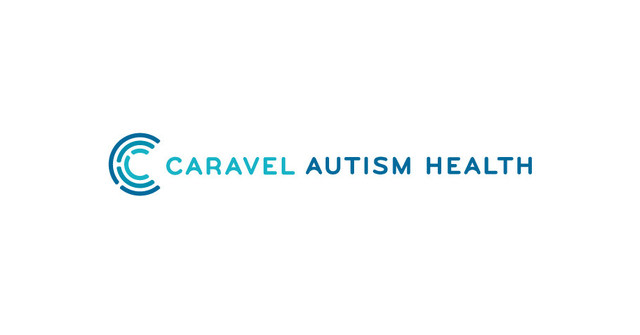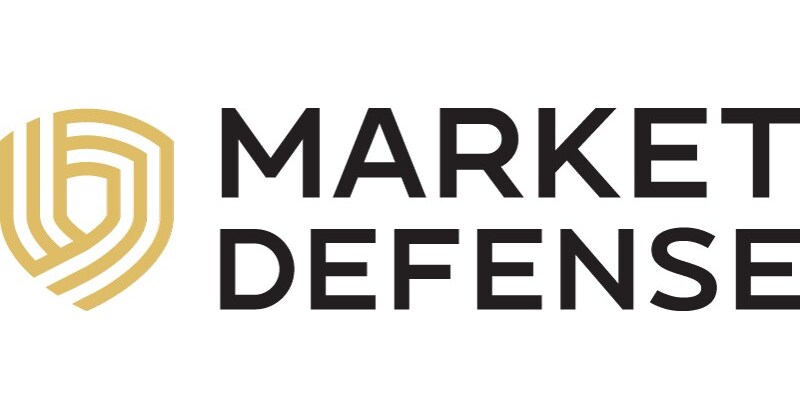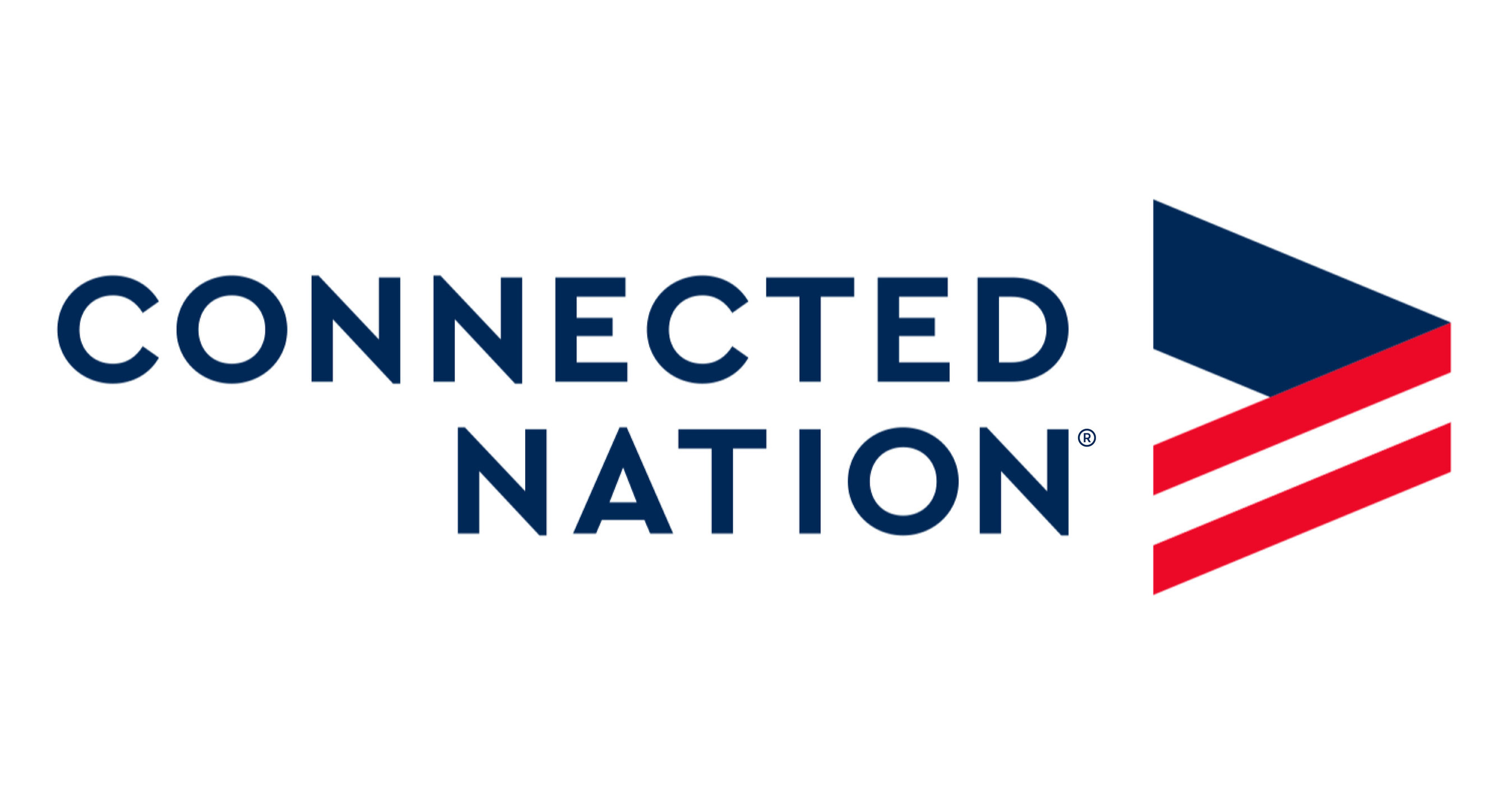As the browser get its fourth AI agent, it updates on how the users will interact with them
OSLO, Norway, Oct. 20, 2025 /PRNewswire/ — Opera [NASDAQ: OPRA], the agentic AI and browser company is adding a deep research agent into Opera Neon – its new AI agentic browser. The Opera Deep Research Agent (ODRA) marks the fourth agent being introduced into the browser, underscoring Opera’s commitment to the future of agentic browsing. Opera is also announcing updates on how users will interact with Neon’s agents, paving the way for a more intuitive and scalable agentic browser architecture.
Level up browser driven research with Neon Deep Research
Sometimes our web searches are as simple as finding more cat videos, but increasingly the way we work on the web means we want to be supported by tools that can help us with deep research for a given topic. This is where Neon deep research steps in. Opera’s AI Engine is built around being model (LLM) agnostic and tool agnostic. This means we could combine the strengths of different models, like Gemini and GPTs. Also, we parallelize the operation on the server side, which is Opera’s way of dividing the problem into smaller ones and running separate researchers on them. The Neon deep research feature will be available soon as the 4th AI agent inside Opera Neon
As we are now getting ready to release ODRA, we notice it has already become one of the very best deep research agents according to available benchmarks. The graph below shows the percentage of correct answers that ODRA has achieved in the DeepResearch Bench test in comparison to other research agents.
Learn more about ODRA in our blog
Building a browser for dozens of agents that work for you
When we built Opera Neon, we introduced three new separate agents, Chat, Make and Do that serve different needs of the users. At any point in time, the users can easily call upon the relevant agent to do the job at hand. The plan is to expand the amount of agents significantly in the future, allowing the most relevant agent to be called upon for the specific task at hand. However, we will soon introduce a new user interface for this, one where choosing the right group of agents for a given task is aided by Opera Neon.
“The idea we are working on is what we internally call Symphony – an orchestration layer that fundamentally changes how users interact with multiple AI agents“, said Krystian Kolondra, EVP browsers at Opera” “Instead of having users figure out each agent individually, we are creating a unified intelligence layer where one master AI helps manage all these different agents.”
Think of it like this:
- Each agent will have its own permissions and settings – similar to how apps on your phone have permissions
- The orchestration layer understands the capabilities and optimal use cases for each agent
- It intelligently routes your requests to the right agent or combination of agents
- It learns your preferences and working style over time
- Most importantly, it knows when to seamlessly handle things versus when to ask for your input or permission
“This isn’t just about reducing confusion – it’s about amplifying human capability,” continued Kolondra. “When you have 50 specialized agents at your disposal, you shouldn’t need to remember what each one does. You should just express your intent, and the system should orchestrate the solution.”
Under the hood improvements to Opera Neon
Opera Neon is designed to be a productivity tool for people who spend a lot of time on the web, not just doing simple browsing tasks. As Opera Neon today requires a premium subscription, and is independent of specific AI agents, we enable some of the latest and greatest AI tools available in the world today. Recently we shipped both support for SORA 2 by OpenAI and Nano Banana by Google to the subscribing users of Opera Neon. This will be complemented with Veo 3.1 by Google, illustrating the commitment Opera has to providing the most advanced and powerful AI browser to its users.
How Opera Neon fit in the family of Opera browser
At Opera we are proud to be the preferred choice of browsers for 300 million users who prefer something different to what is just default on their systems. We differ from most other companies in that we truly specialize in building browsers, and we know people are different and that the one-size-fit all system does not work for everyone out there. Our flagship browser, Opera One is carefully tailored for people who want to have a more joyful browsing experience, while Opera GX and Opera Air both rethink what browsers should be for their core audiences. All the Opera browsers ship with a free and advanced, LLM agnostic, AI solution. Opera Neon complements this with being tailored for the more advanced and demanding users out there, those who want to participate in shaping the future of web browsing, and believe AI agents will be a core part of their experience when doing so.
Opera Neon, pricing and availability
Opera Neon is currently available to a limited number of invited users as part of its early access program. To gain access, register on www.operaneon.com. All the other browsers are available for free from www.opera.com
About Opera
Opera is a user-centric and innovative software company focused on enabling the best possible internet browsing experience across all devices. Hundreds of millions use Opera web browsers for their unique and secure features on mobile phones and desktop computers. Founded in 1995 and headquartered in Oslo, Norway, Opera is a public company listed on the Nasdaq stock exchange under the ticker symbol OPRA. Download the Opera web browsers and other Opera products from opera.com. Learn more about Opera at investor.opera.com.
SOURCE Opera Limited




